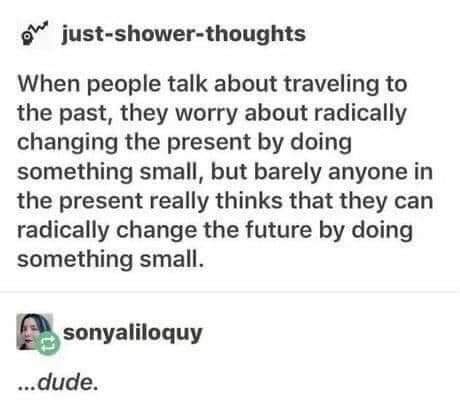
Tackling Important But Uninteresting Tasks
With ADHD, our brains are wired to seek stimulation. If a task isn’t engaging enough, our attention can drift toward something more stimulating—whether we intend it to or not. This drive for stimulation often shows up as distraction. To stay focused, we need to make our tasks more stimulating so our brains don’t wander in search of something more engaging.
Continue reading
Staying Motivated in Tough Times
Motivation and focus and drive are very intertwined with our emotional state, and experiencing negative emotional states often makes it much harder for us to do almost anything, but especially things that have a chance of making us feel at all worse.
Continue reading
ADHD and Body Awareness: Building Routines to Care for Your Physical Well-Being
Many ADHDers feel some disconnection with how their bodies are feeling moment by moment, making it easy to discount how huge of an impact caring for our bodies can have.
Continue reading
New Year's Reflections, not Resolutions
I’m not big on New Year’s Resolutions in the traditional sense, but I do love taking this time to take stock of how things are going, contemplate what I’d like more of in my life, and sometimes make concrete plans of what that could look like.
Continue reading
My Favorite Free Tools for Greater Self Understanding
We all have narratives about who we are and how we work and what kind of a person we are. Let’s take some time to explore some of the tools and assessments that I’ve found useful.
Continue reading
Let's Make Our Workplaces Inclusive for Neurodiversity
Even if we’re not ready to shout ADHD from the rooftops, we can still take steps during ADHD awareness month to advocate for inclusive practices in our workplaces that will benefit all.
Continue reading